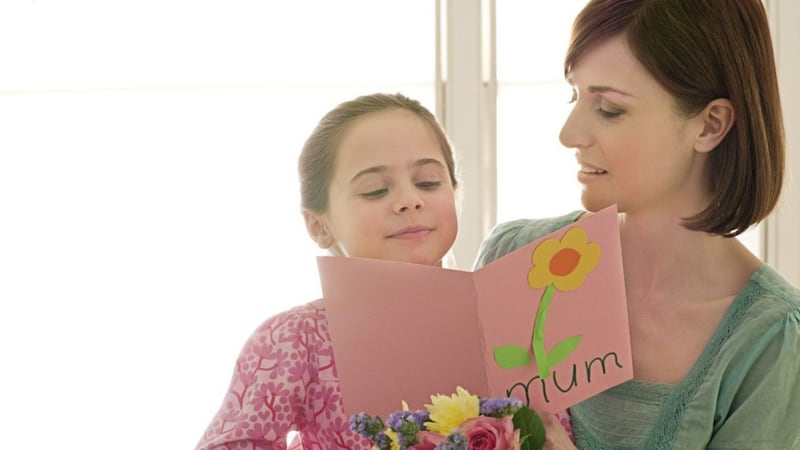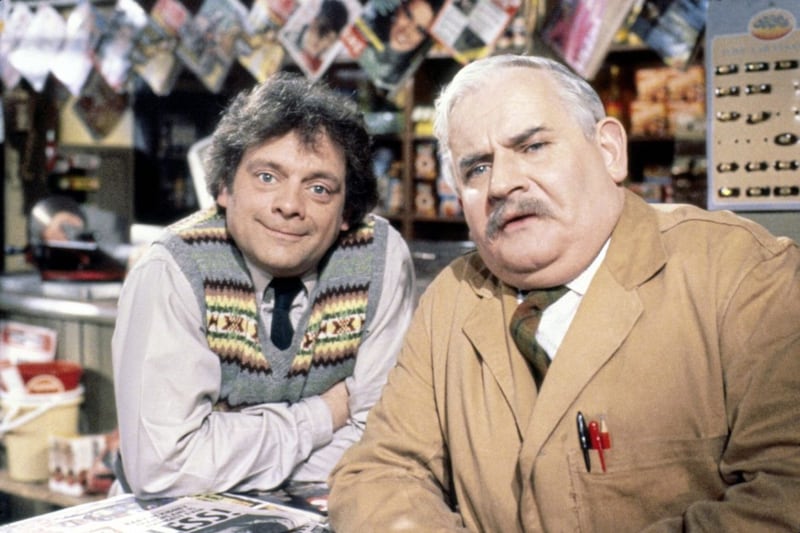SUNDAY last was Mothering Sunday, or Mothers' Day as we must call it in this secular age.
"What is a mum?" asked a famous television advertisement for something I can't remember.
"The heart of the home," say sentimentalists.
Realists might list 'organiser, galvaniser, arbiter, counsellor, cook, laundress, skivvy and stoic - the hub of the household around whom all else revolves. No qualifications necessary, but willingness to navigate a steep and never-ending learning curve desirable'.
Were it a job description, it's a post nobody would apply for.
My generation is the last that was reared by stay-at-home mothers, for that was the norm then.
At what cost, I wonder to those women sacrificed to tradition - financially dependent, ambitions thwarted, dreams unfulfilled, to be replaced by duty, care and unrelenting drudgery?
Many women worked outside the home as well and wore themselves out juggling job, housekeeping and child-care because it was a necessity.
Perhaps things aren't so different now, even with a multiplicity of labour-saving devices.
The role of mother is one for which there is no rehearsal. Only when I became a mother myself did I realise the onerous task motherhood is.
My preparation for the happy event was to buy a book by a notable child-rearing expert.
I read it and put it aside. "I can do that," I thought, "bathing, feeding, burping, changing and a bit of talking, singing, storytelling and playing. I am a trained Early Years teacher after all."
The theory and the practice proved to be vastly different. My mother lived just long enough to see Daughter Dear safely delivered and named after her.
As one Sarah left the world, another Sarah came to replace her and, with the greatest good fortune, I inherited the mother-in-law from Heaven, a hands-on rearer of her own children's children - selfless, unjudgmental, the epitome of kindness and tact, who unobtrusively corrected all the mistakes I made and, bless her, 'never said'.
There are things you only think of years after your own mother has gone.
What must she have felt, having reared four children to responsible adulthood, when at the age of 46 found herself pregnant with me?
I suppose it explains the curiously inscrutable expression she often wore when looking at me, as if to say, "Why are you not like the others?" - who, by her accounts, gave her not a moment's bother or grief.
Twenty years on, the child-rearing climate had changed.
She never understood the slammed bedroom door and dumb insolence of Sixties adolescence.
The generation gap between us wasn't so much a gap as a chasm.
Which is not to say that I wasn't a self-absorbed and precocious wee madam.
Aged six, I ran away, taking clean pants, biscuits and my moneybox in my little school case.
I hunkered for a while on a patch of waste ground a hundred yards from the house.
It began to rain, so I came home surprised - and relieved - to find the front door left slightly ajar. The incident was never mentioned.
Naturally I resolved not to make what I considered the same mistakes with my own daughter.
I failed ignominiously. Heredity was to blame. "You're the image of your mother," I was told as a child. "You're the image of your mother," she was told as a child.
We inherited more than her looks, including obduracy in the face of all forms of opposition and a flair for verbal drama.
The teen years were exhausting. I used to listen to my mother's words issuing unbidden from my mouth and my own adolescent arguments coming out of Sarah's.
As Oscar Wilde so succinctly put it, "All women become like their mothers. That is their tragedy."
Now the tables are turning. Ironically, as I grow older and she has matured into a very capable young woman, she's taken to giving me advice, telling me what to do and worrying about me.
We're all of us, willingly or unwillingly, attached to our mothers by an umbilical cord that, regardless of age and physical or emotional distance, is never cut.








